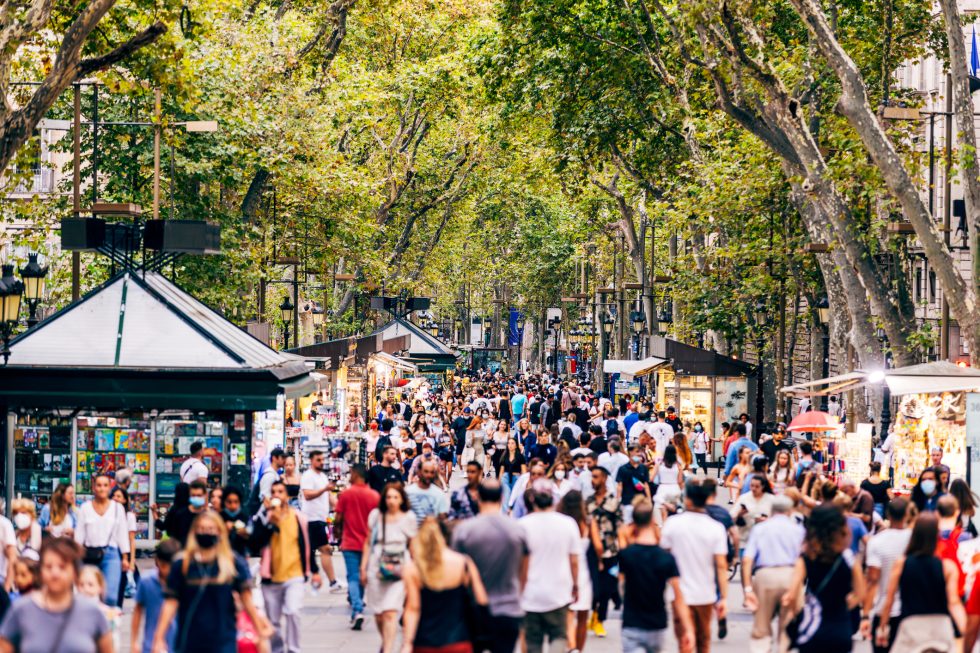 Getty Images
Getty Images In 12 months, the supply of properties for short-term rental in New York, in the United States, fell 83% on the Airbnb platform, according to a report published by AirDNA in August. The drop directly impacts the company’s revenue, which, in 2022, had a revenue of 85 million dollars (around 460.8 million reais) generated by the city.
The fall in supply came after New York regulated Local Law 18, which restricts short-term rentals (less than 30 days) and imposes strict rules on hosts who wish to rent entire homes. House owners, wishing to rent, must live on site and can only rent the residence’s rooms for up to two people. Additionally, registration is required and the proprietor must pay the city hall a fee every two years.
According to Airbnb, the law was created to deal with the city’s real estate crisis. But, after a year, the platform guarantees that the promise has not been fulfilled, as rental prices continue to rise and, on the other hand, tourists have fewer accommodation options. Therefore, the company is asking for the law to be revised.
Limiting temporary rentals is one of the measures that several cities, such as Barcelona, in Spain, and Athens, in Greece, are adopting in an attempt to contain excessive tourism, which affects the routine of residents of the most visited regions in the world.
The power of Airbnb in tourism
Founded in 2007, Airbnb was born when two young people welcomed guests into their home in San Francisco, USA. Initially focused on the collaborative economy, the business focused on renting out spaces within the host’s home, but it soon expanded to renting out entire spaces and gained global reach. Today, the platform has 5 million hosts, who have hosted more than 1.5 billion people around the world.
“Airbnb has brought a new value to travelers: more authentic experiences. The fact of staying in someone’s home, in places that go beyond the tourist bubble, attracts a large segment of tourists,” says Luís Henrique de Souza, professor of tourism economics at the Federal University of Pernambuco.
Another impact was the democratization, in financial terms, of travel for a public that is unable to pay for hotels close to tourist attractions, which are generally expensive.
However, the arrival of more visitors brought problems. “Destinations do not prepare adequately and, as a result, there is pressure that overloads transport, the movement of people and prices, disrupting the lives of local residents”, explains the professor.
Opportunity
In general, the restrictions apply mainly to tourist cities. Therefore, this could be a way to dilute tourism to neighboring municipalities, for example, in addition to resuming the supply of other types of accommodation, such as rooms, which are still permitted, and hostels. “Now there is the possibility of opening new offers in the most peripheral regions, which is very beneficial and prevents other places from becoming overloaded,” concludes Souza.








